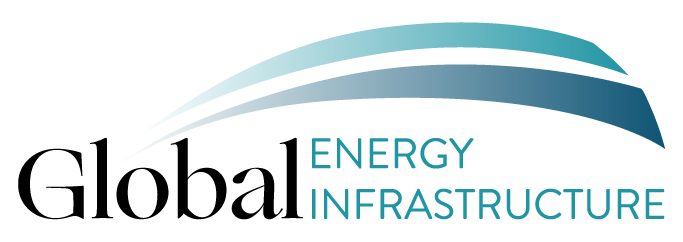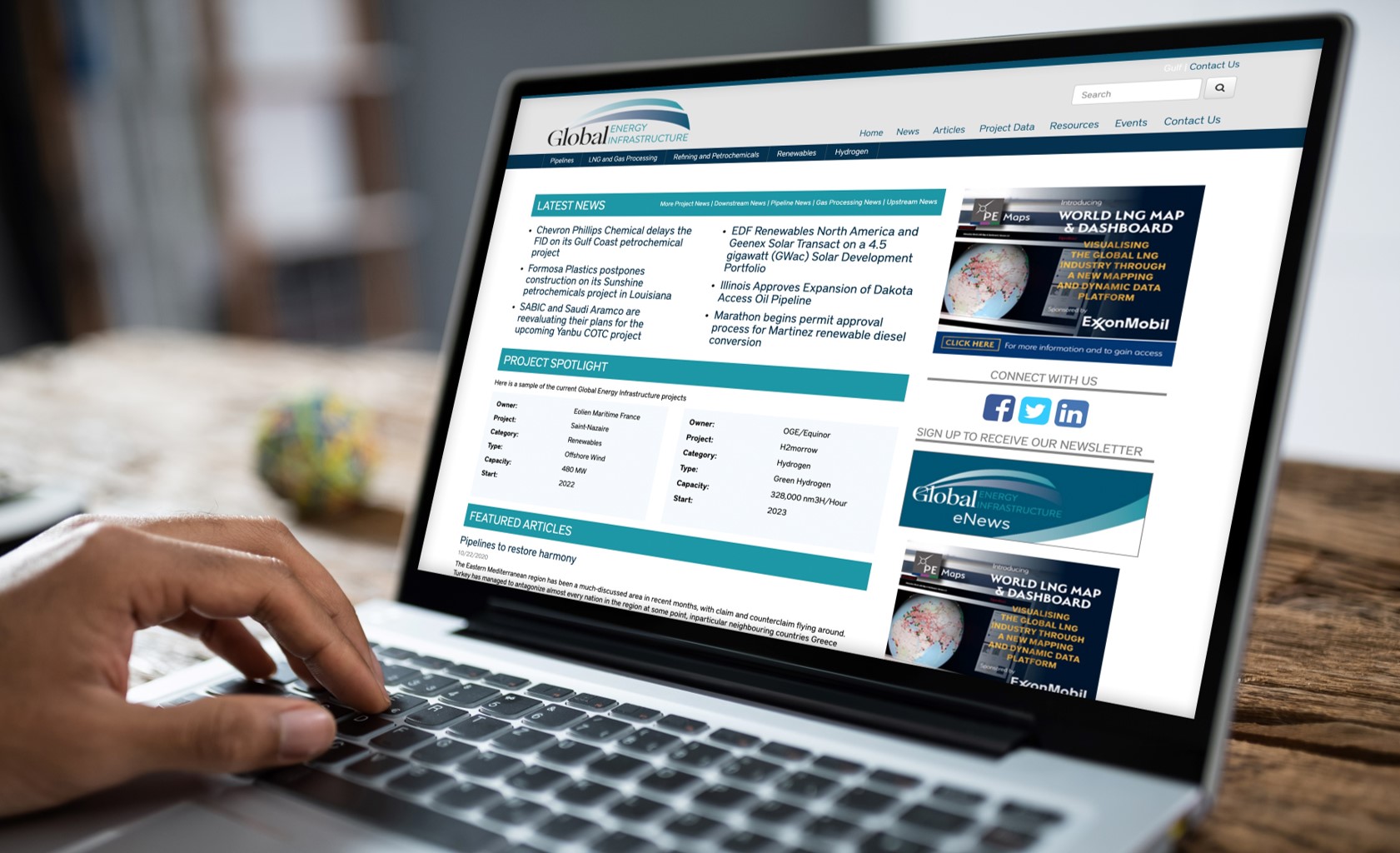Webcasts

Trends in traditional and new energy markets reveal major trends in global energy markets. Oil infrastructure stages a comeback from historic lows, while natural gas, hydrogen and renewables point the way to a very different energy future.
View On Demand
Sponsor: GE Digital
Implementing Digital Twins is becoming a strategic necessity for many industrial companies. Although investment has increased, requirements and expectations have eroded, especially those of Digital Twin models
Learn the basics of how Digital Twin models should be built, how to scale & implement these models on assets and systems to create a twin and discover best practices for how to leverage these twins operationally to Predict, Diagnose and Forecast performance degradation as a part of your reliability work processes.
GE Digital is working directly with customers to operationalize Digital Twins in harmony with their business processes and asset management functions.
View On Demand
Sponsor: Pall Corporation
Who doesn’t dislike dealing with the inconvenience of off-spec product? Sub-par product not only limits production but also requires a cost-effective solution for rework/correction to be found and implemented quickly.
Join the webinar to learn best practices for ensuring the prevention of off-spec products, with emphasis on products coming from amine treaters and caustic treaters, as well as, steps you can take to bring off-spec product back to appropriate quality should you encounter such an event.
View On Demand
Sponsor: Schneider Electric
Refining and petrochemical producers face increased pressure to maximize margins while meeting sustainability targets. For any manufacturing operation, a resilient, dependable process control system and electrical system is critical. In this webinar, learn how integrating data into a single window for both process performance and electrical power consumption delivers performance, productivity and ultimately, profit gains.
Join James Ladd and Shebin Jalal to hear how combining electrical and process information can:
- Give operators unified visibility to what is happening so they can decide on the next best action.
- Respond to changing process conditions or power consumption conditions to maintain production.
- Track and trend power consumption to identify potential equipment malfunction and wear.
- Easily understand power usage to uncover energy saving opportunities

In the midst of the energy transition, hydrogen stands apart as a versatile alternative fuel, which can be utilized in a wide range of situations. Join the Gulf Energy Information research team as they review the following:
- the current state of the hydrogen market
- assess the development status of key projects around the globe
- discuss the policies and regulatory factors shaping the future development of this vital market segment.
With researchers based in London, Houston and Mumbai, Gulf Energy Information is your market intelligence source for the international energy industry, with project insights covering Hydrogen, Gas Processing/LNG, Refining/Petrochemicals, Renewables and Oil & Gas Pipelines.
View On Demand
As the world’s economy works to recover from the demand destruction seen over this past year, the research team from Global Energy Infrastructure will look at how the refinery and petrochemical industries have worked to survive and progress. In this webcast the team will review the following:
- The energy transition and its effect on the current industry
- Existing refinery futures
- Projects on the horizon
- Integrated projects
- Regional lockdowns
- Emerging technologies
In addition, the team will cover how different regions are working through the pandemic in unique and varying ways including, to government restrictions, industry demand changes and other factors.
View On Demand
Sponsor: AspenTech
The global pandemic has disrupted the process industries as never before. Shifting market demands and an increasingly remote workforce are challenging companies to operate safely, efficiently and profitably. At the same time, they cannot lose sight of their long-term sustainability goals. Fortunately, advances in technology are helping downstream, upstream and chemical leaders not just adapt, but find new ways to improve operations, reduce risk and create value—all while driving toward a safer, more sustainable business.
Join AspenTech experts for a timely, informative webinar as they discuss how asset owners and operators can leverage digital innovations to:
- Improve visibility across the organization to make faster, smarter decisions
- Empower remote users with the tools to optimize operations from anywhere
- Identify issues well in advance to ensure asset integrity, maximize uptime
- Use data analytics to identify improvements and reduce environmental impact
Discover how breakthrough technologies such as digital twins, AI and prescriptive maintenance can be used strategically to sustain operations in any market condition.
There will be a Q&A session following the event. We encourage you to join the conversation by submitting questions when registering.
View On Demand
Sponsor: AspenTech
The COVID-19 pandemic has caused acute disruptions the world over. The energy sector, in particular, has been severely impacted raising questions like:
- How have collapsed oil prices affected investment decisions and strategic priorities?
- What measures have companies taken to reduce the stress on their business, finance and people?
- What changes are more temporary versus permanent?
- How have digitalization initiatives been impacted?
These are just some of the questions that Crystol Energy and AspenTech have tackled in an online survey, and now we’re ready to share the findings.
Please join Lee Nichols, Editor in Chief of Hydrocarbon Processing, as he hosts a lively discussion with Dr. Carole Nakhle, CEO, Crystol Energy, and Ron Beck, Energy Industry Director, AspenTech. Together, they’ll discuss the results and provide their own unique insight on the current situation facing the energy industry.
View On Demand
- YPF, Eni and XRG sign joint development agreement advancing 12-MMtpy Argentina LNG project 2/12
- Maire launches new technology to produce PTMEG, the key polymer composing the spandex fiber. 2/12
- Verde Clean Fuels announces suspension of development of Permian Basin gas-to-gasoline project 2/12
- Vietnam's largest refinery to operate at 120%-125% of designed capacity in Q1 2/12
- Indonesia's Medco expansion plans bet on rising energy demand in Southeast Asia 2/12
- Brazil to rebuild ethanol stocks in new harvest after 21% drop in 2025-2026 2/12




